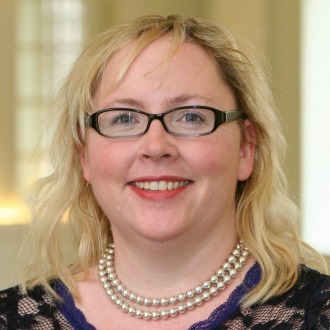Rural practices in Wales could get a funding boost in next year’s contract if the Welsh GPC and Government can agree on a new ‘rural practice enhanced service’ currently being drafted.
The GPC said the parties have ‘agreed on the principles’ of a new DES that will address the recruitment and retention challenges facing rural practices; to ensure rural practices can maintain services that stop patients having to go to hospitals or other health centres elsewhere to receive investigations or treatments; and also recognising the inability of rural practices in many cases to save money by creating efficiencies by working at scale.
Welsh GPC chair Dr Charlotte Jones said they were aiming to have reached a conclusion by September this year, with a view for the DES to be in place for next year’s GP contract.
This contrasts with the situation in England where practice’s financial viability are threatened by cuts to MPIG funding, particularly after the Government rejected calls for a support fund for disproportionately affected rural practices – with health minister Dr Daniel Poulter saying practices should be ‘looking to help themselves’.
Dr Jones said: ‘The principles of what we’re looking at have been agreed, and it’s now taking that foot work in in a way that the health minister will sign up to, in terms of equity for patient services understanding the unique challenges that rural practices face, and managing those to make them more sustainable for the future.’
‘We hope to have something in place and agreed well in advance of next year’s contract.’
She added: ‘We’re looking at the uniqueness of rural practice, specifically regarding the recruitment and retention challenges which, although affecting the whole of Wales, are particularly bad in rural areas.’ We are also looking at recognising those services that rural practice provide for convenience to patients, to save them having to go to hospitals or other centres to get investigations or treatment, and we are also looking to recognise the workload associated with managing quite a sparse population, because although [rurality is taken into account] in the Carr-Hill formula, it doesn’t actually recognise the mechanics of managing a sparse population.’
Commenting on the plans in Wales, GPC negotiator Dr Beth McCarron-Nash, a GP in Devon, said that the English Government should adopt a similar model.
She said: ‘[Rural GP practices] are a lifeline for many rural communities. Not just in terms of providing a doctoring service, but sometimes the only way that these patients get that support in their local community.’
‘There are unique things about remote and rural practices which are not, in my view, covered adequately in the [Carr-Hill] formula. Therefore, generally there is an issue around the funding of rural practices, [and] not just “in a small number of isolated cases” as NHS England is saying. We need our own solution [in England].’

















